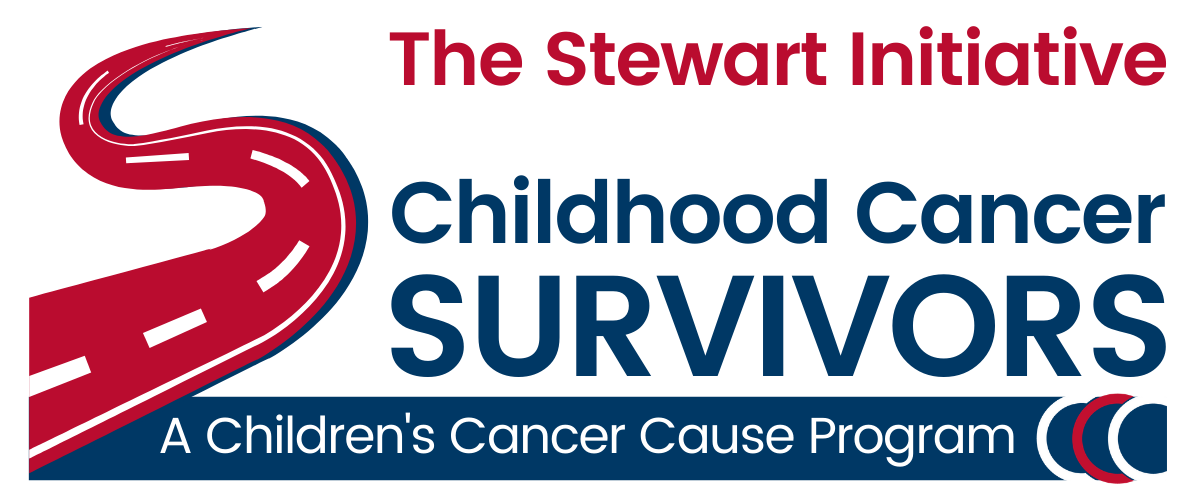What is a Survivorship Care Plan?
A survivorship care plan (SCP) is a concise, complete record of your treatment, specific medical concerns, and recommended health screenings.
Childhood cancer survivors have unique health care needs. A survivorship care plan empowers survivors and their health care providers to work together to meet those needs by providing all the information in one place in an easy-to-share format.
Over half of survivors we surveyed in 2025 either did not receive a Survivorship Care Plan (19%), have lost track of it (5%), or are not sure if they have one (29%).
The reality is that you might be the only childhood cancer survivor that your adult primary care provider is seeing in their clinic - or at least the only one who survived your particular type of cancer. That's why it's so important to have a survivorship care plan - and refer back to it often.
The format and depth of these care plans vary, depending on the institution, type of disease and treatment regimen. All of them, however, are based on the current scientific knowledge referenced by the Children’s Oncology Group and their long-term follow-up guidelines.
Here’s a few things to know:
It's not just primary care providers who should receive a copy of your survivorship care plan. You should also share it with dentists, eye doctors, counselors, providers like chiropractors, and other specialists.
Guidelines change as research progresses and as your individual health and lifestyle behaviors change. Every time you visit your long-term follow-up care clinic, discuss updates to your plan and be sure to leave with a new copy.
While it's your responsibility to make sure your providers have your SCP, it's not your responsibility to understand the intricacies of it or the medical jargon. Your plan should include the contact info for someone at your survivorship clinic or treatment center that your non-oncology providers can reach out to when they have questions or require clarification.
Of course, it’s not enough just to have a care plan: you also need to follow it. In a 2024 study out of Canada, only six percent of survivors with an elevated risk of breast cancer were considered fully adherent to surveillance guidelines (in this case, meaning they had undergone a screening via MRI and mammogram within the past year). Another study found that less than half of survivors at high risk for second cancers or cardiac dysfunction ahere to surveillance guidelines.
We know there are many reasons why survivors may have trouble accessing or maintaining regular care, but always remember that a health issue caught sooner has a much greater likelihood of a favorable outcome - and that you deserve the highest possible quality of life.
-
A schedule of recommended health screenings and check-up tests
Specific late effects to treat or monitor
Recommended psychosocial support
Advice regarding healthy behaviors
Specialist referrals
